|
By Al Players: 1 Platforms: Nintendo Switch, PlayStation 4, PlayStation 5, PC Originally released way back in 2015 for the 3DS, The Legend of Legacy is getting a new remastered version that’ll be available on several modern platforms. Developed by a team that includes notable ex-SquareSoft/Square Enix staff, The Legend of Legacy can be considered something of a spiritual successor to the SaGa series, which was a series that was all but dormant at the time of the original's development. Having played the 3DS nearly a decade ago, I was excited when this HD re-release was announced, and knew that I would have to play it. We're going to be taking a look at the Nintendo Switch version today, to not only see how gracefully aged over the years, but also to see if it's an RPG that you'll want in your collection. We have a lot to cover today, so let's jump right into it. Long ago there was a mysterious island known as Avalon. Thought to be the stuff of legends, talk of Avalon arose again when a new island was discovered that contained ruins of a time long past. That’s not all, as talk of Gods and Elementals actually living on this island add to its overall mystery. Naturally recalling the legend of Avalon, the new island took its name. The island wouldn't remain unexplored for long though, as the next ten years would see many adventurers arrive at its shores in the hopes of finding either adventure or treasure. Our story within the island's sole town of Initium, which is ruled by the King of Adventurers. Seven characters make up the game's core cast, and each have their own personal reasons for seeking out the mysteries of Avalon. Though you're given the option of only picking one at the start of the game, you eventually gain the ability to recruit all of them into your party. For the sake of this review I went with Eloise, who is searching for a relic known as the Star Graal in hopes of attaining immortality. The other characters are Bianca, who is trying to figure out her identity, Meurs who arrives on Avalon to assist the Elementals who seem to be crying for help, Liber who is also searching for the Star Graal, Garnet a holy knight who is sent to investigate the rumors of living gods on the island, Owen who is on a mission similar to Garnet's, and Filmia, a frog bard who is trying to rebuild his kingdom. Each character has their own story within the game, but it's a rather thin experience compared to even the earliest of RPGs. I can probably explain each character's plot within a couple sentences and not leave anything out. Normally I'd call this a negative, but I think the game's lack of a strong narrative has to be put into perspective first. What do I mean by that? Well, we're going to have to back up a bit to explain... When I said that this is a spiritual successor to the SaGa series, I meant it. Among the creative team are people like artist Tomomi Kobayashi and game designer Kyoji Koizumi who previously worked on several mainline SaGa titles, including the Romancing SaGa and SaGa Frontier series. Explaining a SaGa game to those who aren't familiar with them is quite the task as there really isn't a lot to compare them to. Just about every trope players come to expect from a JRPG is turned on its head in these types of games, and the focus is often put on exploration and discovery rather than leveling up characters and following a pre-set story. This isn't always the case of course, but this game in particular seems to be heavily influenced by SaGa Frontier in particular. That game had seven characters/scenarios, and the story often would only come at the beginning and end of the game. There's a lot more that tie the two games together, but I'll have to get to that over the course of this review. It has been my experience over the years that most JRPG fans either love or hate the SaGa series, with very little middle ground to be had. Your enjoyment of the game will very much depend on whether the game's gameplay choices put you off completely, or intrigue you. Some probably have already written it off because of my repeated references to its weak story, and others are probably hitting that pre-order button after hearing it be compared to SaGa Frontier. Those still on the fence will probably want to learn about gameplay, so let's move on. I already mentioned that the story in The Legend of Legacy is extremely thin, and that might make you wonder what it is you actually do in-game. That's simple actually, you explore several areas/dungeons, collect loot and money, and slowly improve your characters stats and skills so you're able to take on new areas/dungeons that slowly increase in difficulty. Simple yes, but perhaps a bit too simple. Before you're able to explore a new region on Avalon, you'll have to purchase clues to its area from the sole merchant in Initium. This merchant will sell you information about a region in the hopes that you'll sell him back completed maps of it. Oh, and this is also the only place where you can buy equipment and items. With that purchase you're now able explore the newly open area screen-by-screen, or as I like to phrase it, room-by-room. There's lot of ruins to examine, treasure to find, and monsters to fight in each area. We'll discuss combat later, but all enemies are visible on-screen, and sometimes you'll face off against more powerful boss monsters. Seeing as the main goal is exploration, you're going to want to fill in as much of the map as possible. This means going to every nook and cranny of each and every room until you eventually hit 100% completion. Once you're maps are fully completed, you can sell them back to the merchant for a sizable profit. You actually don't have to complete maps before selling them, but you can only sale a map once, and money is rather hard to come by in this game outside of this key mechanic. From there you purchase information on new areas and start the process all over again. Of course there's more to each area than just this, and you'll want to find relics, talk to singing stones for new magic, and generally advance the story, but this is a game that puts exploration above all else. Combat in The Legend of Legacy is standard turn-based JRPG fare, but with several unique twists to the formula. Before battle even begins, you're going to want to pick the right formation for your party. Your party is made up of three characters, and where they stand in formation determines which skills and abilities will work best for them. For example, there are some formations that favor support skills like healing and magic, others that are focus on defense, and some that boost attack for when you want on an all-out offensive. You start with a couple basic formations, but you'll have to create your own eventually to maximize the skills that your party is centered on. Combat then goes in order, with your characters sometimes attacking, healing, defending, or even casting magic. Magic is a very complicated skill in this game, as it requires making a contract with the element of whatever spell you plan on using. This sounds rather complicated, and it indeed is, but these magic skills are so important to the game that you'll have to eventually learn the ins and outs of the system if you plan on getting anywhere. An interesting aspect of combat is that it mostly takes place in a bubble as far as your party's health is concerned. Any damage taken during combat is automatically healed afterwards, as are any abnormal statuses. While this may sound like it makes the game too easy, it actually means that each individual battle tends to have rather high stakes that can end in a TPK (total party kill) if you're not careful. The one note to this system is that the SP used for skills or magic is not recovered automatically, but instead recovers slowly over the course of battle and exploration. Dying is always a possibility too of course, and doing so forces you to load whatever your last save was. This game does have a quicksave option though, and it's highly recommended that you regularly take advantage of it so you don't lose progress to a single bad fight. Though each area is filled with several monsters to fight, it can sometimes be a good idea to avoid them as combat doesn't exactly net your notable rewards. You only sometimes get money or items from random encounters, and you don't level up in the common sense. Actually, that's a topic all to itself, so let's cover that next. The way game's like the SaGa series handle character growth is probably the single most divisive aspect of the entire series, and The Legend of Legacy adheres to it almost to a fault. If you're expecting experience points, character levels, and other traditional JRPG elements, then you might as well look elsewhere. While there's a lot more nuance to the specifics, growth basically comes through repeated use of skills or stats. Stats are raised when you pick an action in combat that corresponds to it, skills get stronger as they're used more and more, and HP and SP seem to either be gained through being attacked or expended, or simply boosted randomly over the course of several battles. You also learn new skills with any weapon by using other attacking with it over and over again. Noteworthy to this system is the fact that any character can equip any piece of equipment or weapon, or even magic-containing relics. This means that while each character might start with some specifications that lean them towards a particular play style and skill set, you can mold each and every character however you see fit. If you want Eloise to be a mainline fighter, you can totally change her focus to be such. Want Owen to be the magic user of the group? Go for it! Want Filmia to only use his fists? You got it! The options are endless, even though this admittedly makes most of the characters feel a lot less unique. As you might imagine, this gameplay mechanic doesn't lend very well to power levelling. You'll pretty much always feel a little under-powered thanks to the way the game makes you work for each and every stat boost, which is another reason why a single bad encounter can quickly turn deadly. It also won't be long before your main character becomes excessively more powerful than the other characters in your party due to them always having to be there. It makes for an odd system that is definitely an acquired taste, but one that I'm all for. You may find it odd that this is a review about a JRPG and I've barely covered story and characters. That's not by chance though, as this is a game that is truly about gameplay over all else. Though I am a long-time fan of the SaGa series, and played this game to completion with several characters back when it originally released on the 3DS, I have to admit that it's a hard type of game to like. I used to always compare it to the roguelike genre, but that comparison has lost a lot of its meaning since that genre has gone mainstream. While I doubt that will ever happen to the SaGa-like genre (I don't know what else to call it!), it isn't without its fans. Fans or not though, it's a hurdle that The Legend of Legacy has to go through to get most players into it in the first place. That's actually quite the issue actually, as The Legend of Legacy does nothing to ease you into its complex mechanics. I thought I had missed a tutorial regarding how to use magic only to realize that I was meant to go through the game's rather menus of text-only tutorials. Most explanations regarding how the game works are actually locked within those menus, and you're basically only given the briefest of explanations early on and are then thrown to the wolves. Story progression happens rather slowly too, and rarely involves relationships between the rest of the cast, even though you're able to recruit them into your party from the outset. Actually, recruiting party members is surprisingly one of the least interesting aspects of the game, as you literally do it in just two or three text boxes. I know I'm probably painting this to be a bad game, but I'm actually trying to explain that I find it to be a rather refreshing take on a genre that can be full of tropes and same-y gameplay types. The world of Avalon might feel somewhat hollow if you come in expecting a grand tale of intrigue and adventure, but it can be quite charming if you come in looking to explore a world of hidden wonders that is as deadly and challenging as it is wide open and mysterious. Though I would have to say that this is the type of game you'll want to try out before buying to see if you'll actually enjoy it, I also think that you'll probably be able to make that snap judgement solely based on learning how it plays. Have my descriptions already chased you away? You'd think that since The Legend of Legacy started life as a 3DS game, that it wouldn't have a lot to offer visually. While I have to admit that it's by no means pushing the limits of any platform its current on, I was always of the mind that it looked better than contemporary games. As far as art style goes, this game most closely resembles the 3D remakes of Final Fantasy III & IV, and the Bravely Default series. It obviously won't look quite as good as Bravely Default II, which released long after the original version came out, but fans of that game's look and style will be treading familiar territory here. There are a lot of aspects to the visuals that keep this game unique too. Certain parts of the game, most notably the town of Initium, have a hand-painted look to them that's pretty impressive. It reminds me of the pre-rendered backgrounds you'd find in PS1-era RPGs, and makes me wish the game used that style more than the 3D backgrounds that populate much of the game. Then there's the game's dungeons. It doesn't take much exploring within them to realize that the game features an insane amount of pop-up, but this is the type of pop-up that is clearly meant to be intentional, and not a technical failing. I remember several reviewers complaining about this exact thing when it came to the 3DS release, but I personally think it looks like a storybook come to life, and also relates to the sense of discovery the game is focused on. You never quite know what is around the next corner, and the graphics actually reflect that. Outside of backgrounds and locations, I have to say that all the character and monster designs all look great too. Though the seven main characters aren't exactly fleshed out when it comes to their motivations and stories, they definitely are full of with personality and charm thanks simply to their look and designs. I will admit that the low-poly models make them feel rather flat and emotionless at times, but the game rarely calls for scenes that would require them to emote in a way they aren't able to anyway. While the graphics aren't going to take anyone's breath away, they are one of my favorite aspects of the game. Even though I had a lot of positives to say about the visuals, if there's one place where The Legend of Legacy shines the brightest, it has to be its soundtrack. Featuring music from longtime Square Enix composer, Masashi Hamauzu (Whose work can be hear most recently in Final Fantasy VII Remake & Rebirth), the soundtrack is just full of amazing tracks that bring the world of Avalon to life. The cutscene music sounds appropriately epic, the town themes are calm and relaxing, and the battle and boss themes really get the blood pumping. Seriously, check out the soundtrack on its own to be absolutely blown away. Everything sounds perfectly orchestrated and composed, and there's certain experimental touches to some of the tracks that made it one of my favorites for years. I actually already owned a disc featuring music from the game from back when it released on the 3DS, so I guess I should admit that I'm a little biased in my views. All that said, I can't really be certain that anything was added or changed for this release. As far as I can tell these are the exact same (amazing) tracks that were included with the game almost ten years ago. That's not a negative point at all, but I want to point it out for those who were perhaps expecting this HD re-release to feature live orchestrated arrangements or something. My only gripe when it comes to the game's audio has to be its lack of voice acting. I can easily make an offhand joke how the game's lack of spoken dialogue let me enjoy the music more, but I was very disappointed that we didn't get any sort of voice acting in this updated release. As I mentioned before, the world and characters all feel rather hollow sometimes, so voiced lines would've gone a long way to giving the characters more... well, character. The game isn’t even full of many long dialogue scenes anyway, so it wouldn't have required all that much to get this one fully voiced. While I guess we'll all just have to live with the lack of voice acting, I can indeed be glad that it doesn't get in the way of me enjoying the awesome soundtrack! I have odd feelings when it comes to describing The Legend of Legacy's longevity and replayability. My playthrough for this review was with Eloise, but I tried out a few of the other characters so I'd have something to say regarding how their stories play out. There were no new surprises for me this time around, but that's part of the problem. I remember feeling very let down back on the 3DS when I realized how brief the story was for each scenario. Some characters that are close to others even share some of the same cutscenes. I don't mean they have similar scenes told differently, sometimes they are literally the exact same. I obviously wasn't expecting a from-the-ground remake, but part of me was hoping that they'd work on the only true issue with the game that's hard to defend: its story. You can definitely play through each of the seven scenarios, but I don't know if many players will have the will to do that. I loved the game back in its 3DS days and even I didn't. I do think there's a rewarding, fun, and overall fulfilling game to be had here even if you take on just one scenario, but it's hard to say that this version feels worth picking up for those who already own/have played the original. Then again, like the SaGa series that it takes inspiration from, this is very much a love it or leave it type thing, and you probably know where you lie on that point by now. While unlikely, I'd love to see a sequel to this game as I think it could've been so much more. Then again the mainline SaGa series has since revived, so I guess we'll always have that. Recommending The Legend of Legacy HD Remastered is a tough one, as I once again have to admit that I find it to be an acquired taste. If you're a fan of the SaGa series, then you'll find something to enjoy here. Adventurous JRPG fans looking for something completely different will probably enjoy the many ways this one flies in the face of what you'd expect, even if they too wish the game didn't rely so heavily on creating your own fun. Casual gamers, and those looking for a straightforward JRPG experience, are going to want to look elsewhere though, as this game will probably simply them off the genre itself. This is by no means anywhere close to being a bad game, but it isn't for everyone. If you can get beyond the odd gameplay elements and quirks, and if you're willing to dive head first into a game that often pulls no punches, then you might want to give this one a try. I think it's time I slowly completed all seven scenarios! For More Information on The Legend of Legacy HD Remastered: https://nisamerica.com/legendoflegacy-hd/ Story: C Gameplay: B Graphics: A Music/Sound: A Value: B Overall: B Pros: + A challenging RPG that is all about exploration. + Lots of character and party customization means that you can tailor most aspects to your liking/gameplay style. + Though their core stories aren't very deep, each character manages to stand out despite that setback. + The visual style is pretty awesome, and I enjoyed the storybook-style pop-in animations found in the game's dungeons. + Masashi Hamauzu (Final Fantasy X, XIII, VII Remake, etc.) provides an amazing soundtrack. + Since each character technically has their own story, there's a lot of replayability here. Cons: - The character/skill growth system may put off those expecting a standard level-up mechanic. - Each character's storyline plays nearly identical to the others, which makes the choosing of a single one at the start rather pointless. - Can be extremely grind-y at times, and the difficulty can spike randomly. - Some gameplay elements, like formations and the magic system, feel poorly executed at times. - There is no real sense of progression beyond the player's desire to explore increasingly difficult areas. A copy of this game was provided to us free-of-charge by the publisher for the purpose of this review. This did not affect our review in any way. |
Search
Contributors◆ Angie
◆ Emily ◆ J.D. ◆ Janette ◆ JT ◆ Manuel ◆ Nestor ◆ Rose ◆ Sylvia ◆ Teepu ◆ Tiffany ◆ Winfield Archives
March 2025
|
© 2014-2025 A-to-J Connections. All Rights Reserved.

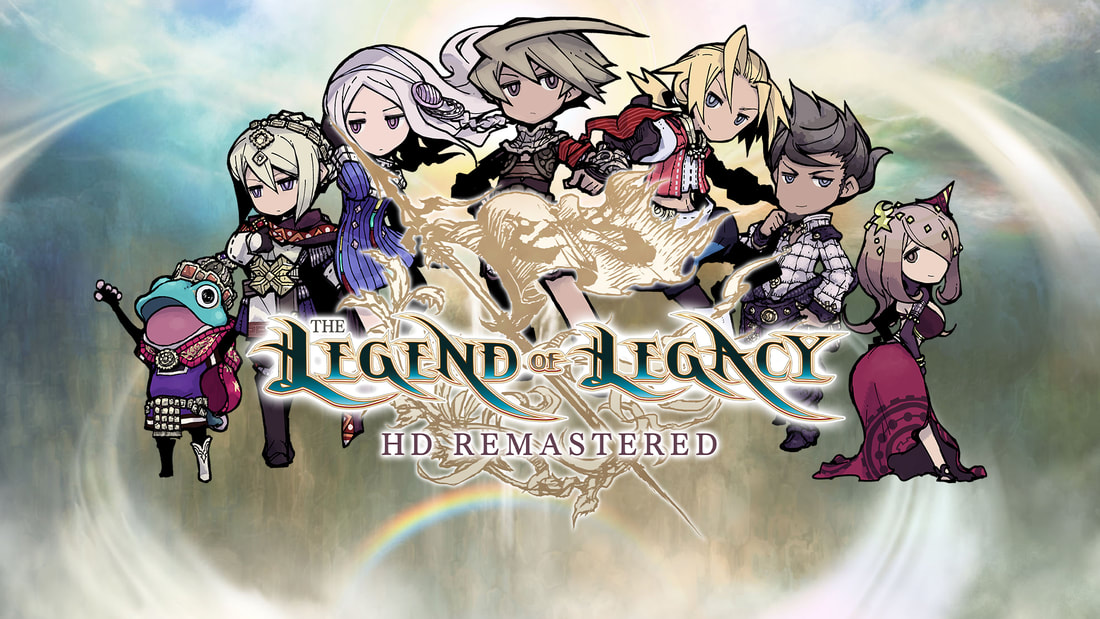
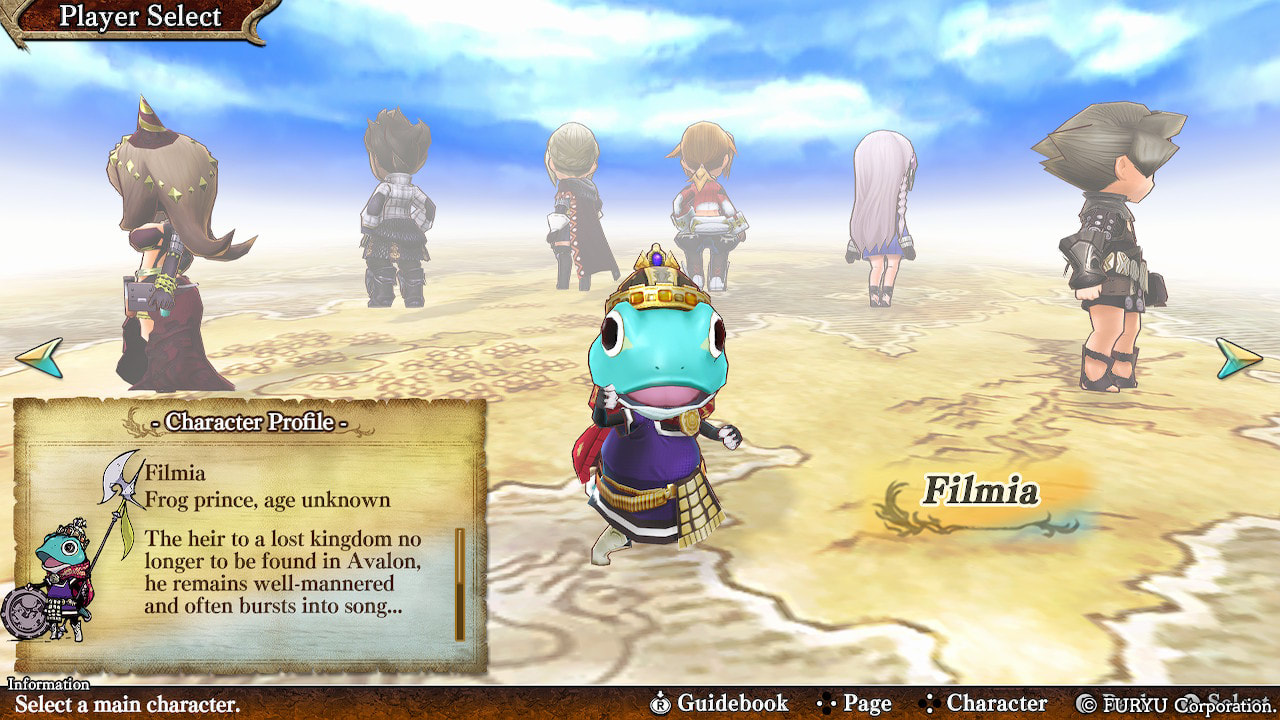
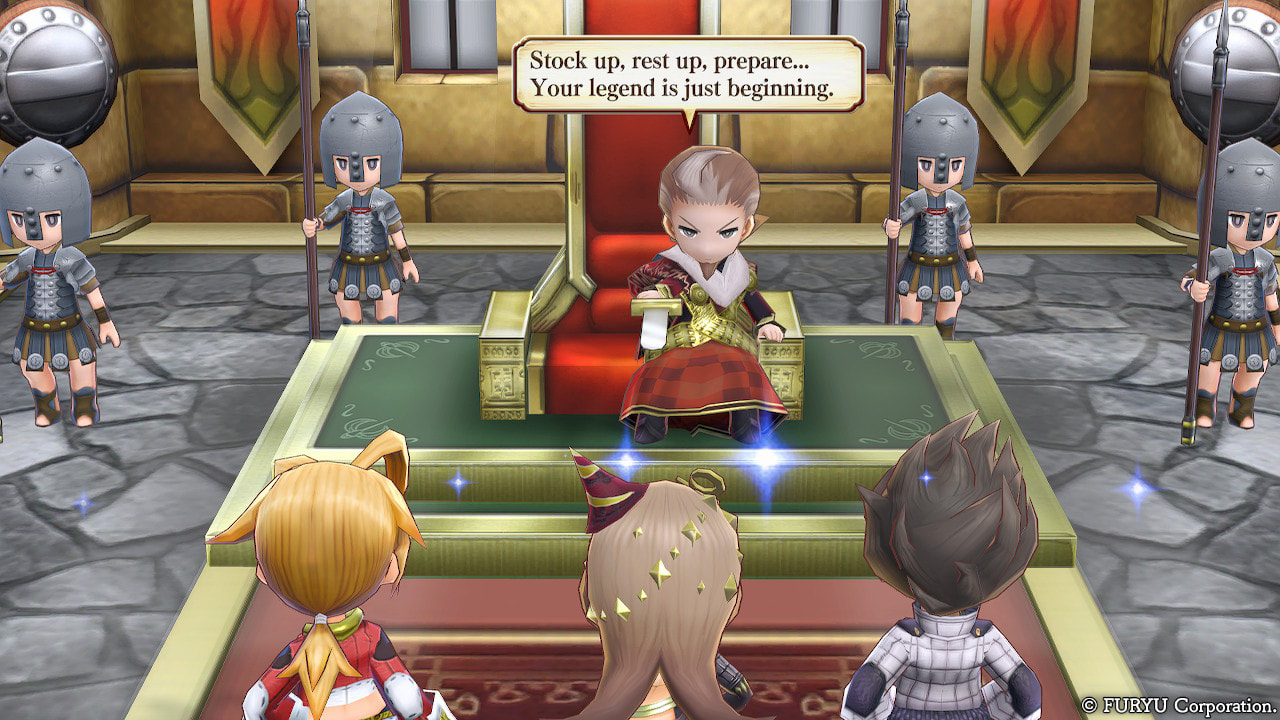
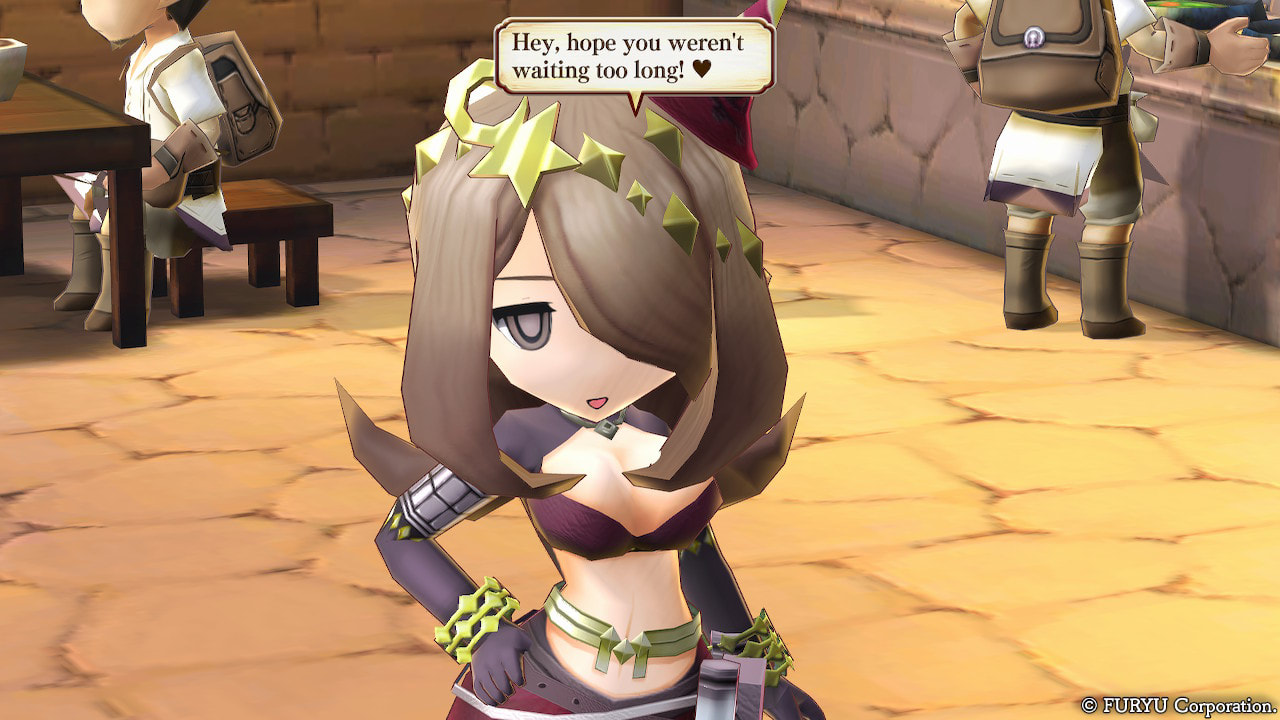
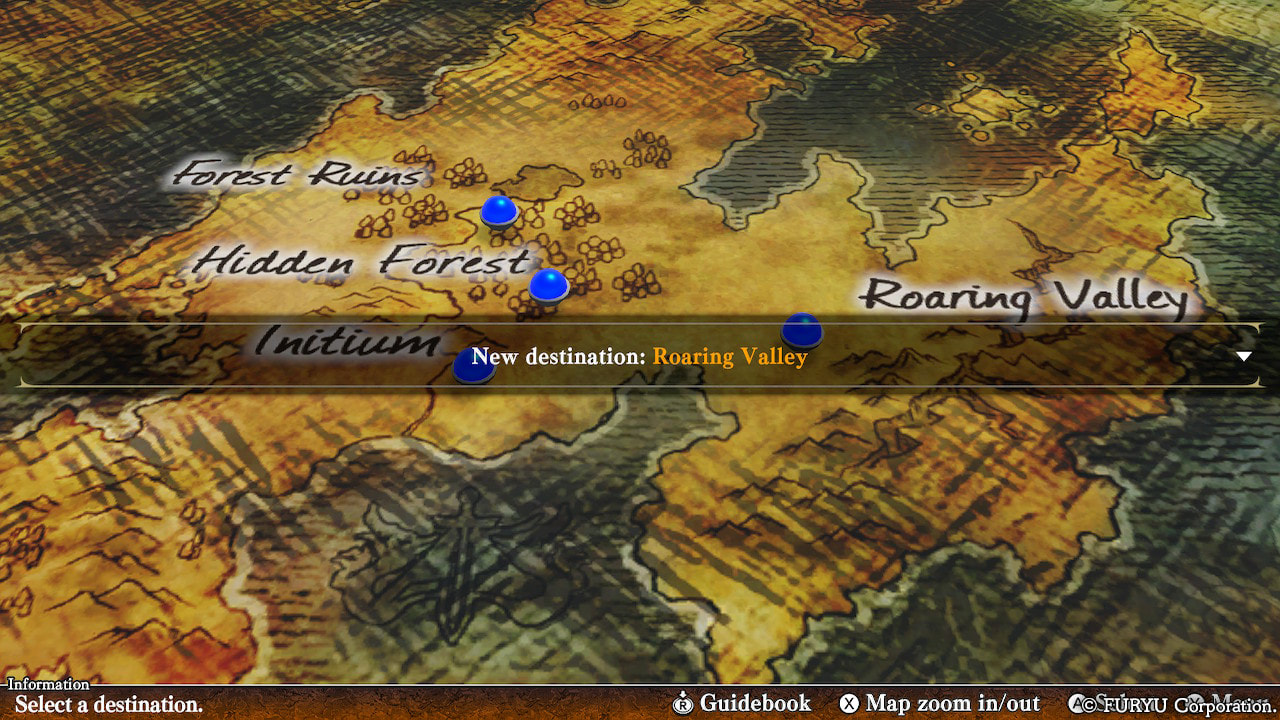
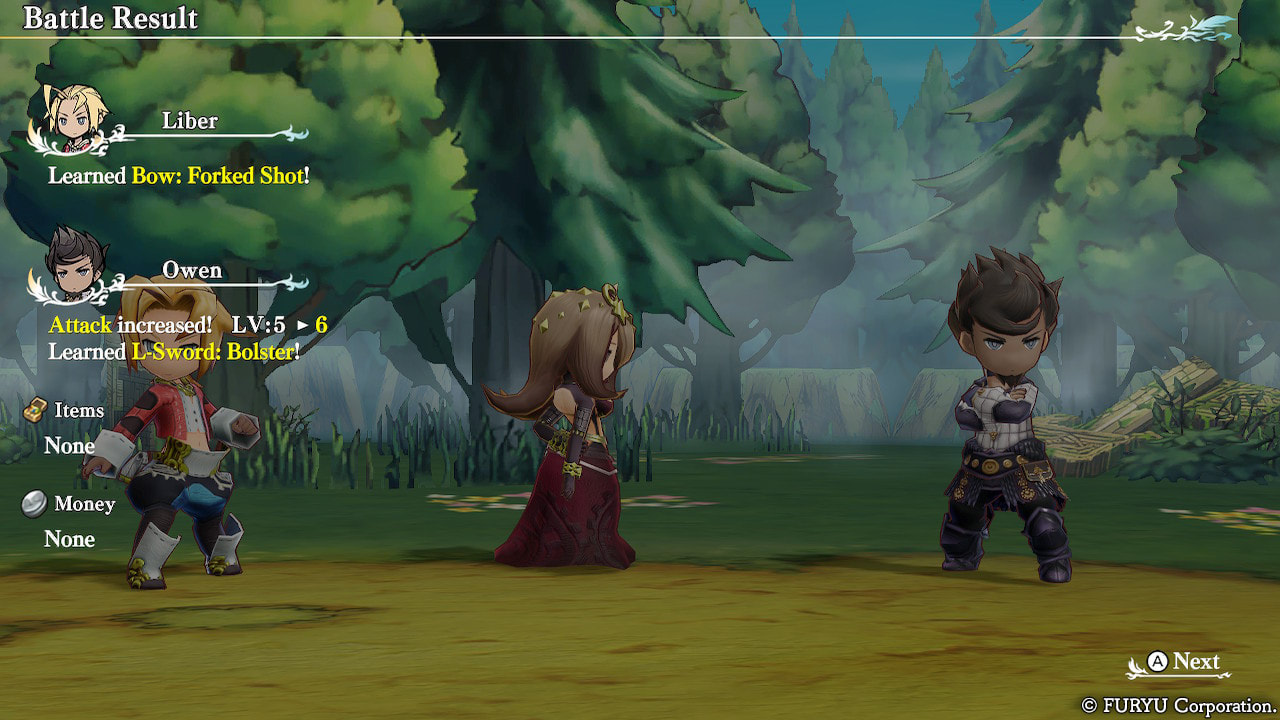
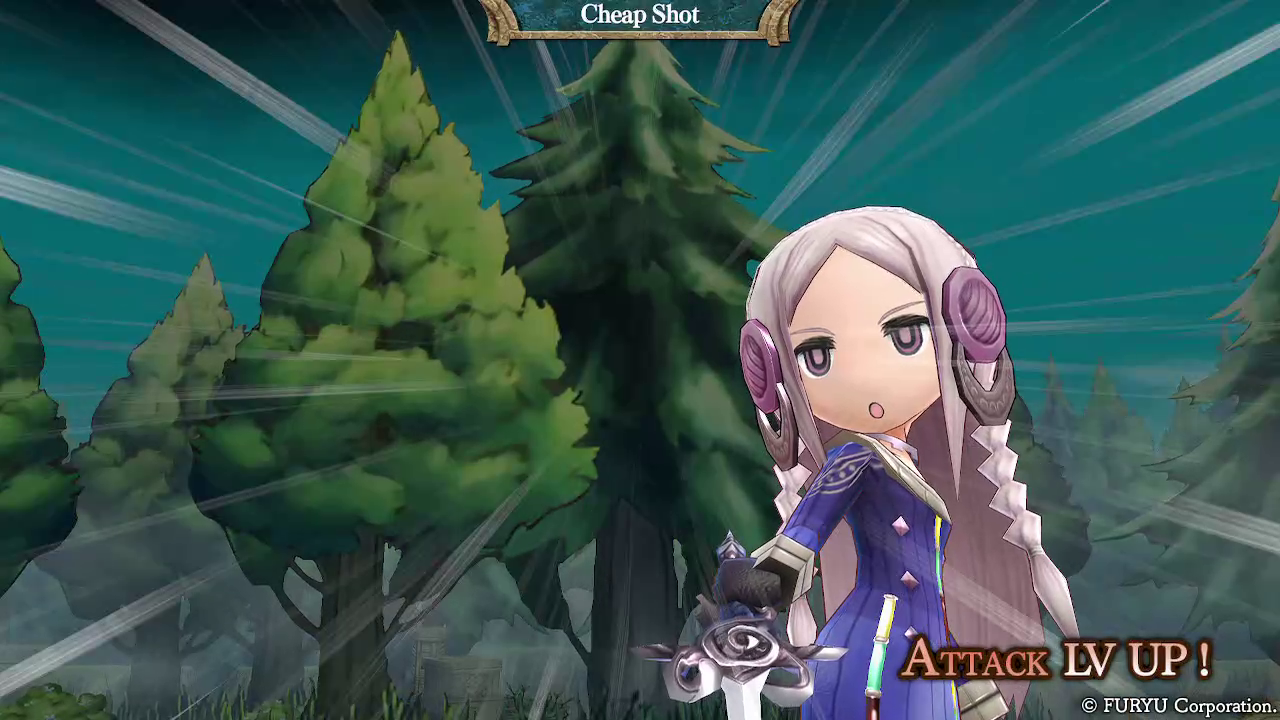
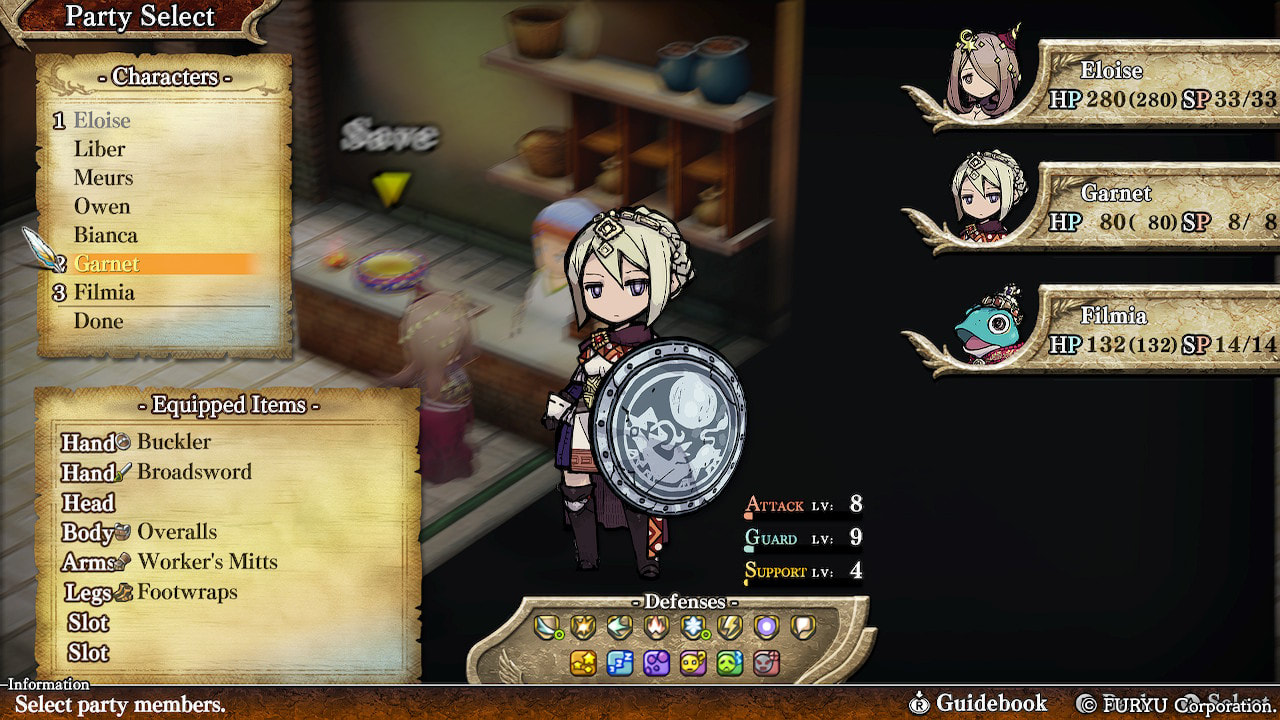
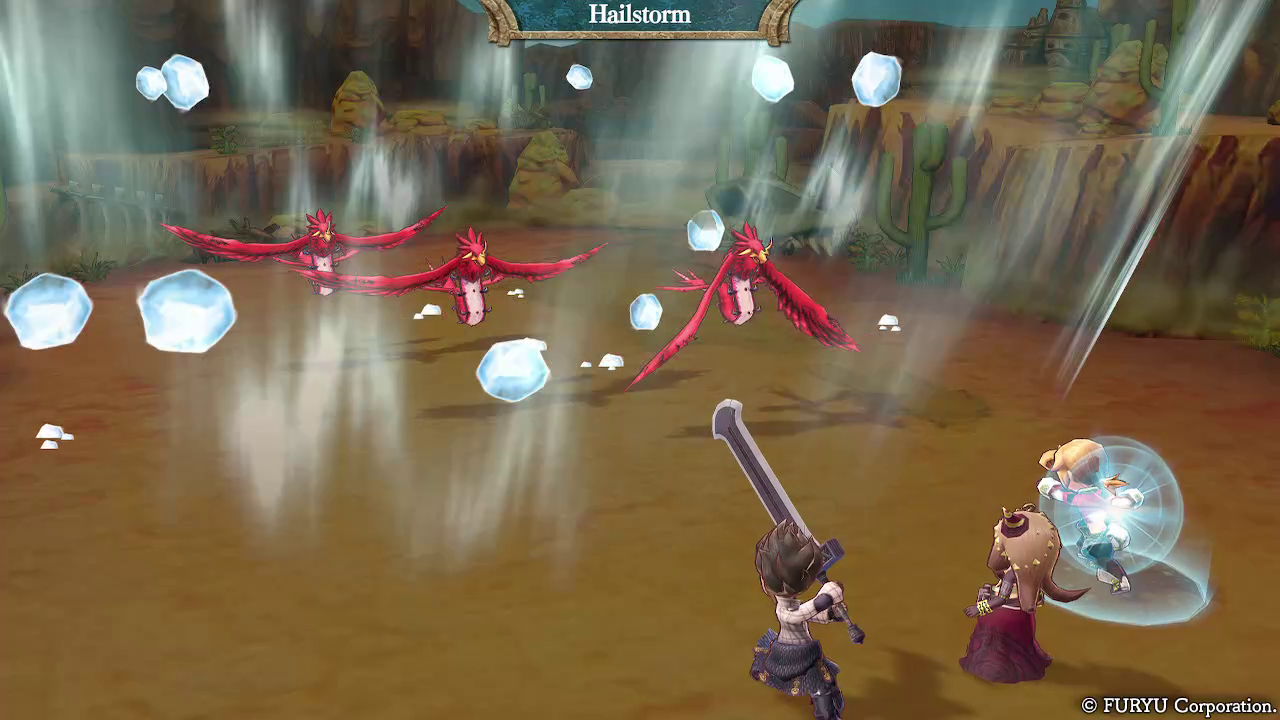
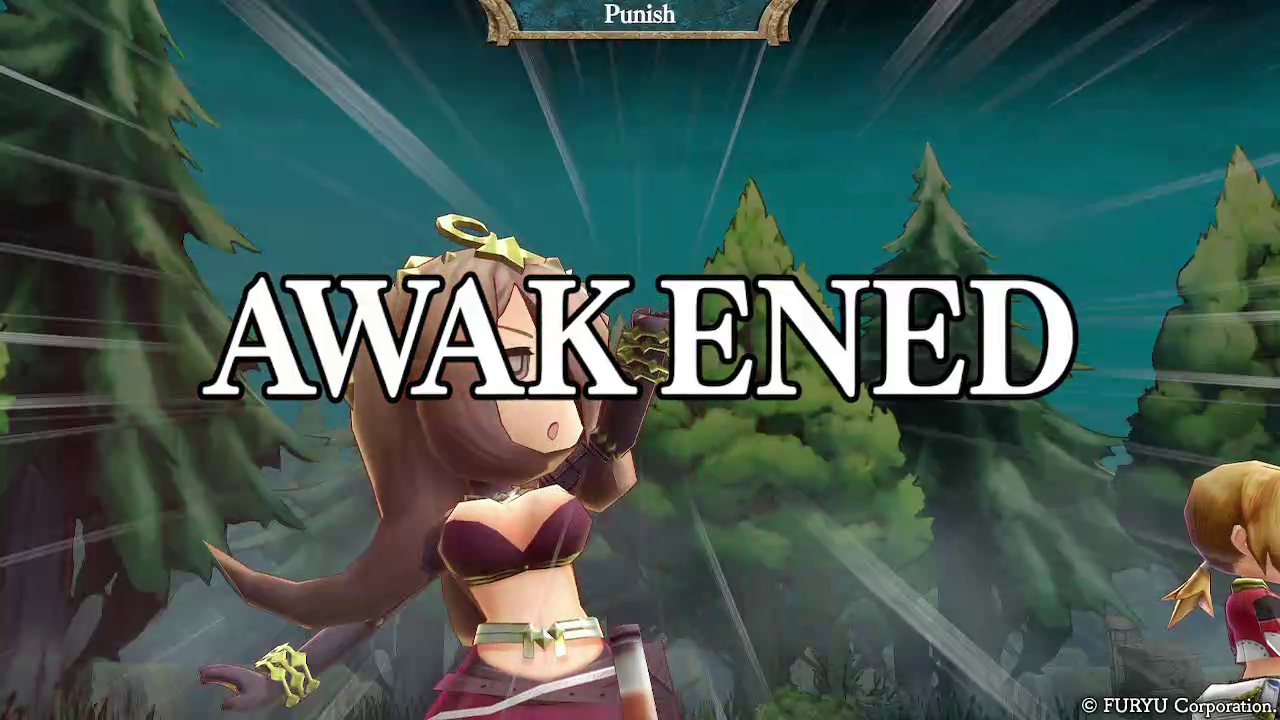
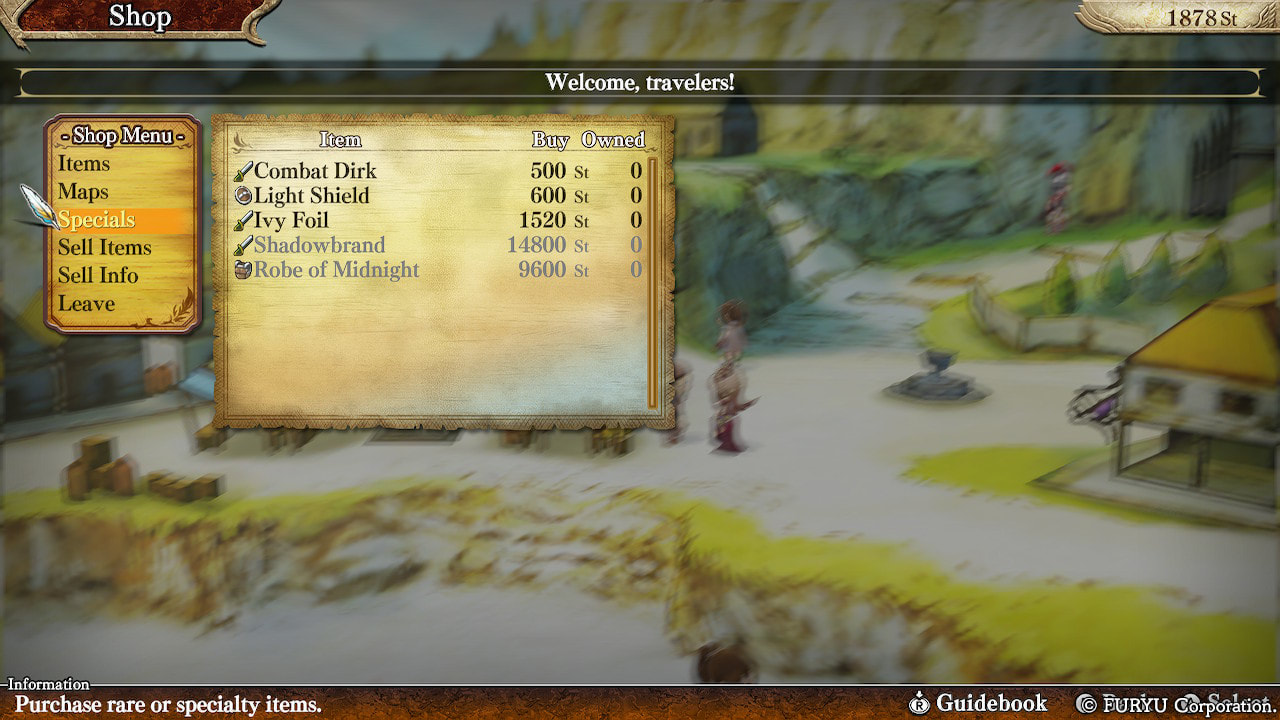
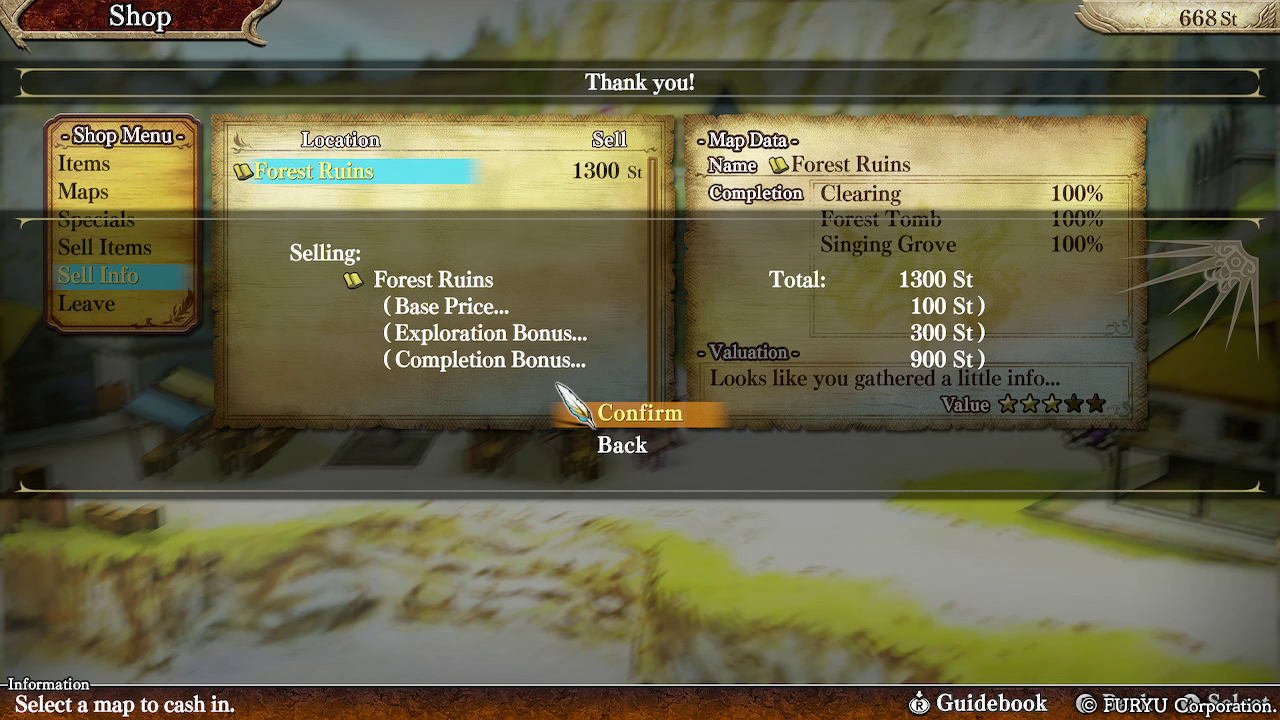
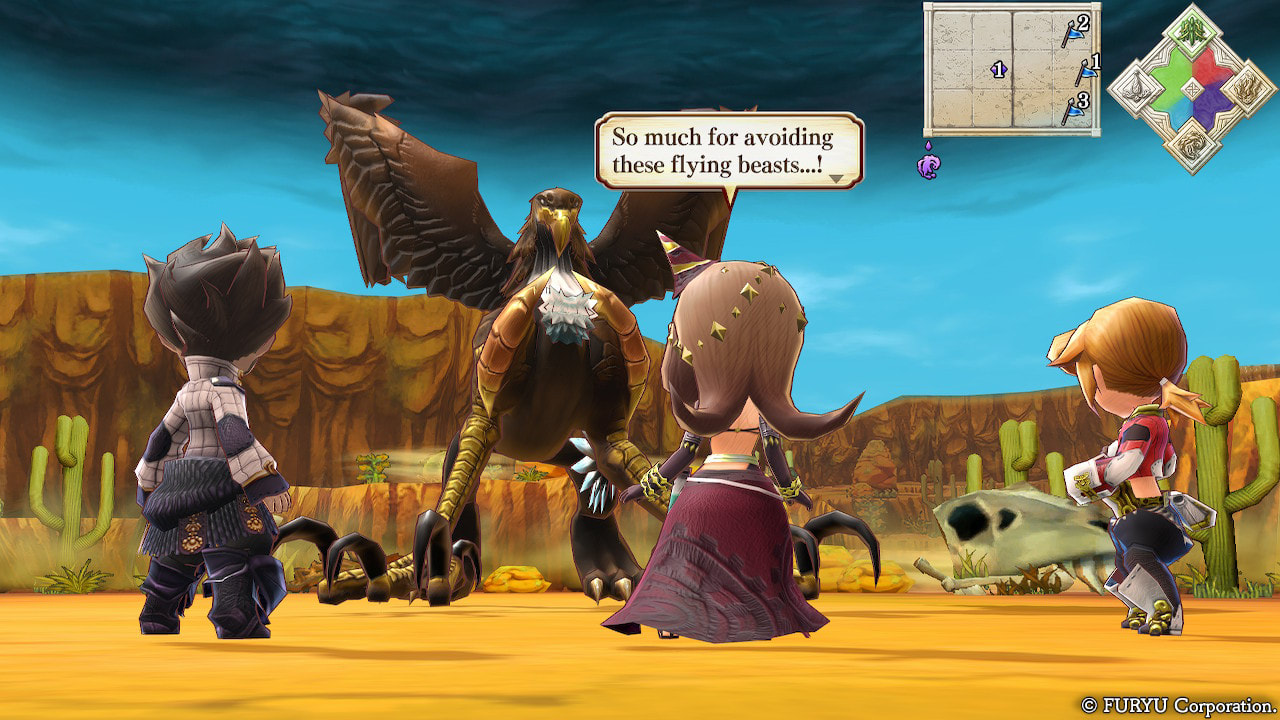
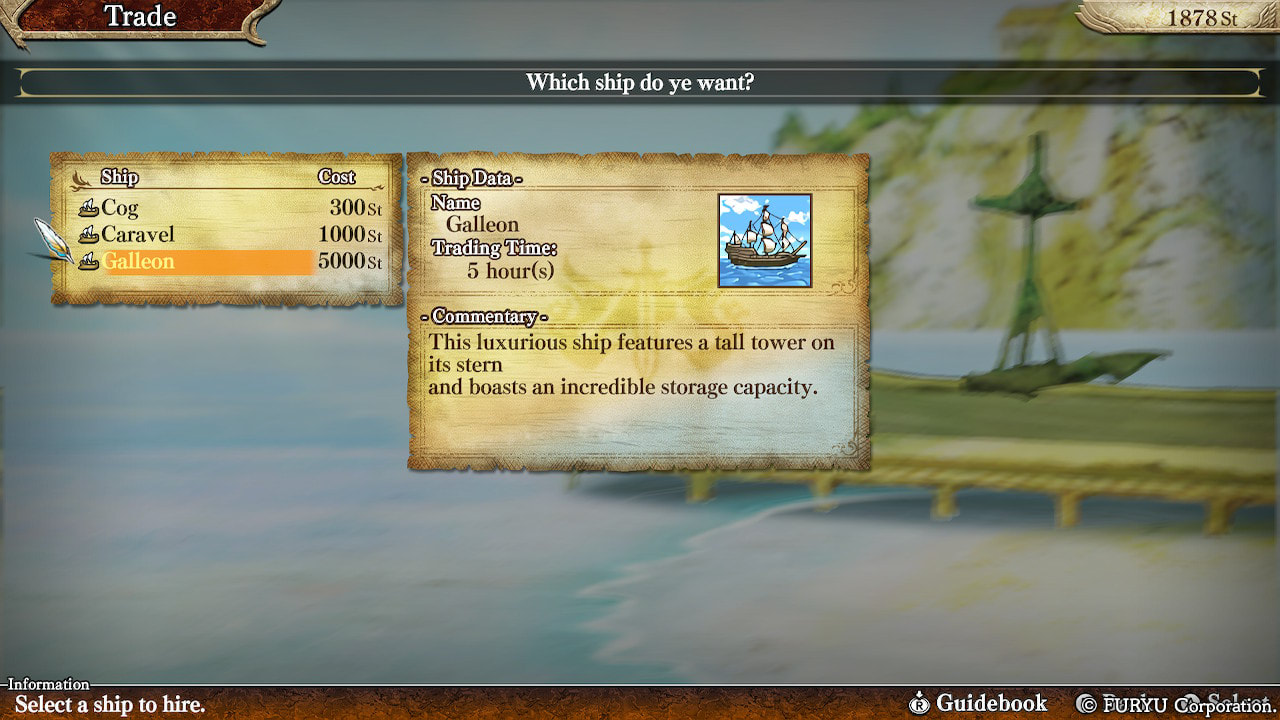
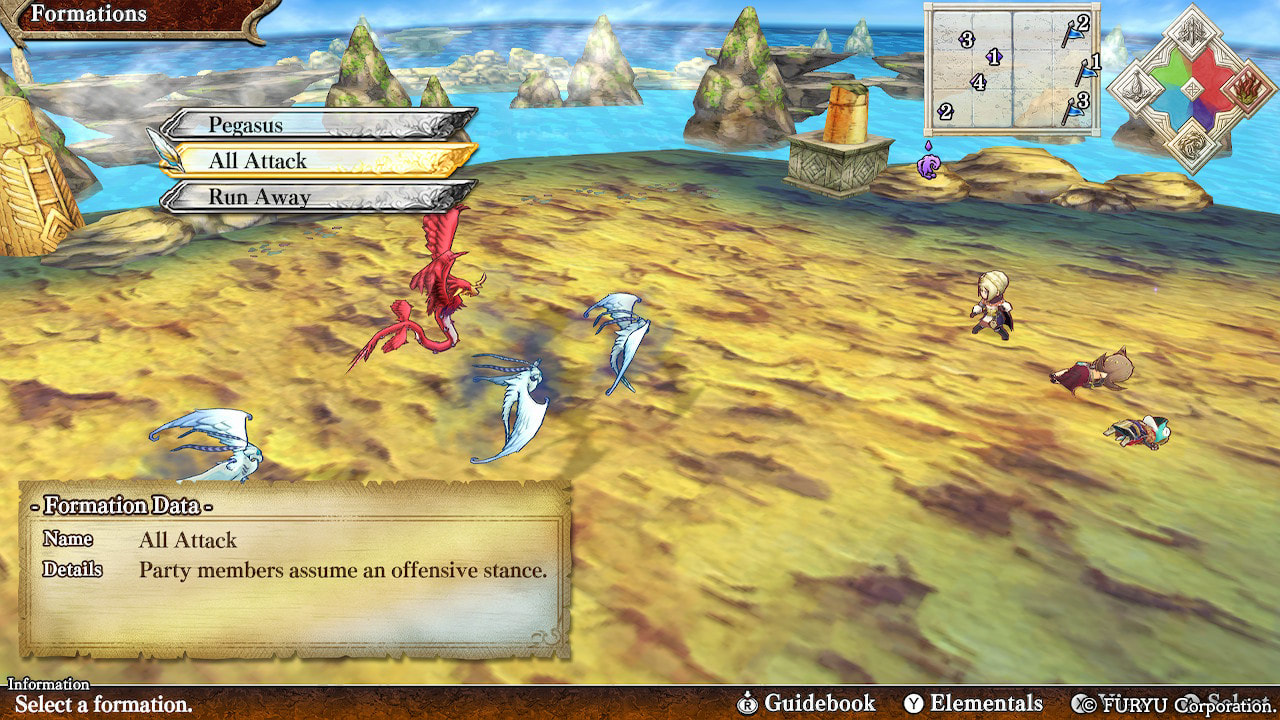
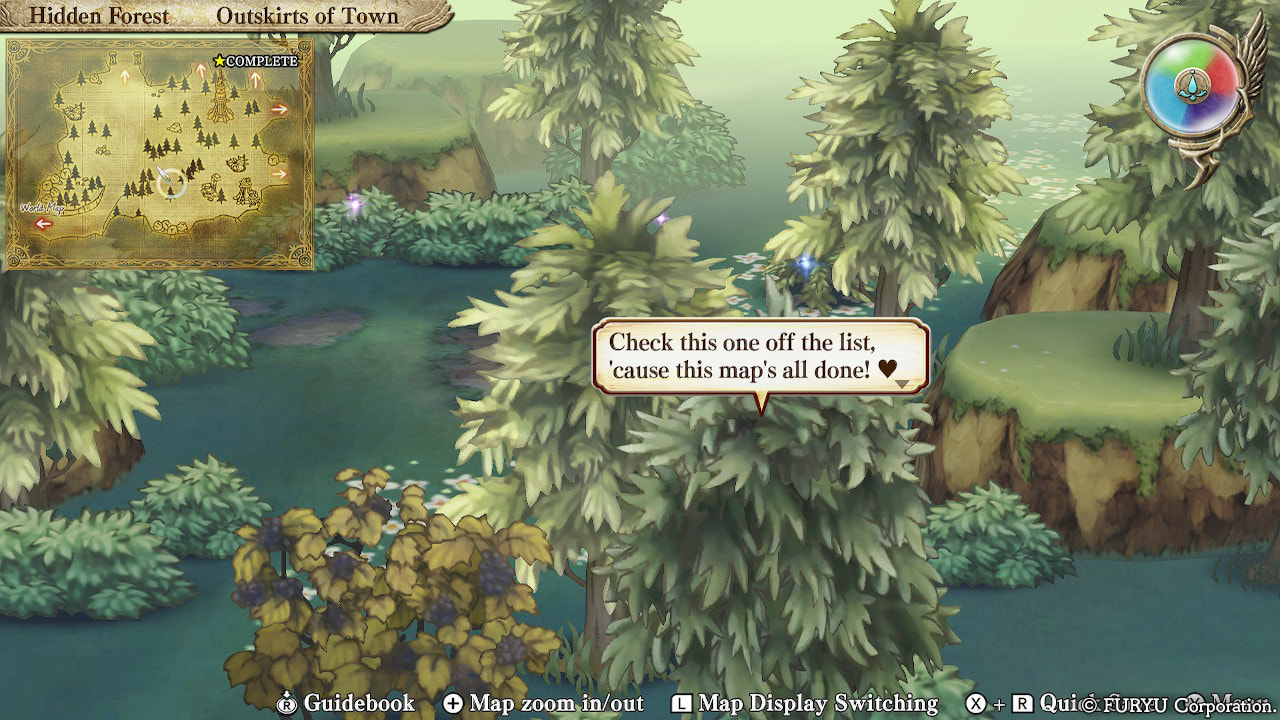

 RSS Feed
RSS Feed